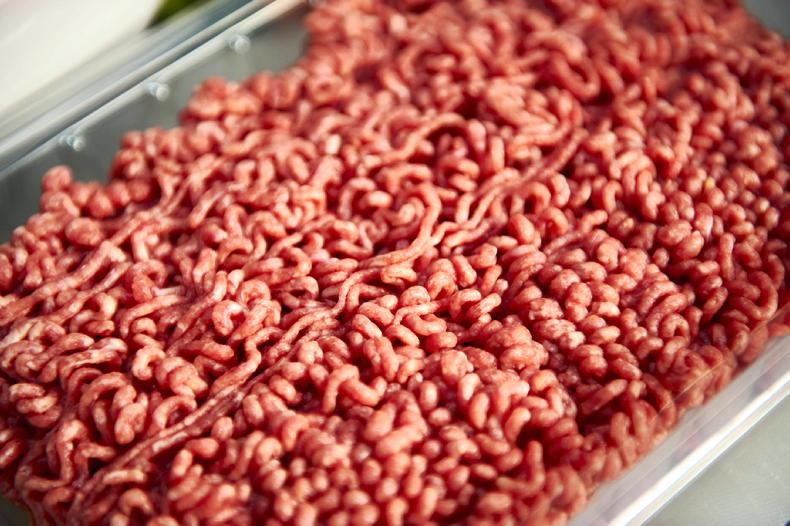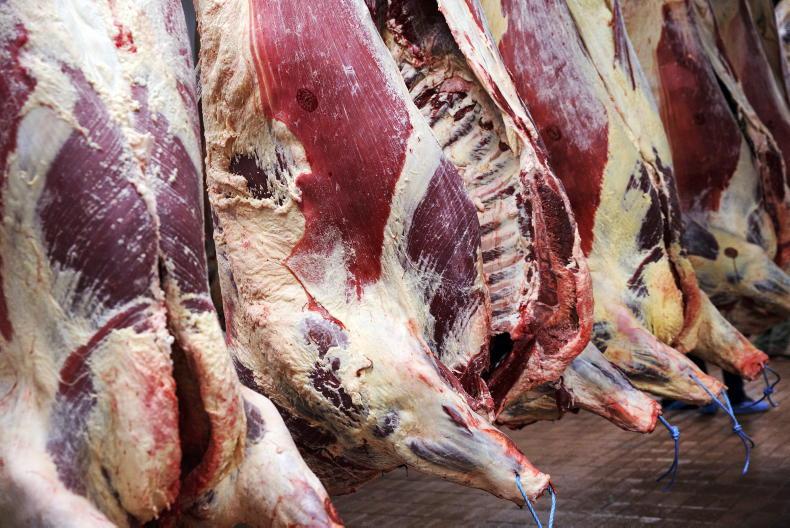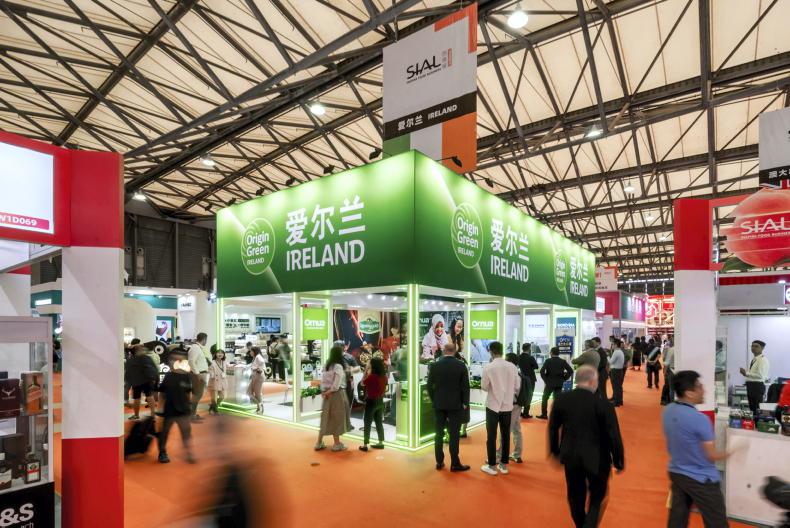Brazil’s ministry of agriculture and livestock announced this week that China has approved a further 24 cattle abattoirs for export to China.
This is in addition to the 41 cattle processing factories already approved and which supplied 1.2m tonnes of the 2.7m total tonnes of beef imported by China in 2023.
Prior to this announcement, China was also Brazil’s main market for beef exports, taking half of Brazil’s 2.4m tonnes of beef exports in 2023.
With the number of Brazilian factories approved for beef exports to China increasing by 50% with this announcement, it follows that there will be a further increase in beef from Brazil on sale in China in 2024 and the years ahead.
Poultry and pigmeat approvals
As well as the approval of additional beef processing factories, a further eight poultry processing factories and three coldstore warehouses have been approved, as well as a pork coldstore.
This brings the total number of poultry processors approved to 47, along with 17 pigmeat processors, further strengthening Brazil as the key supplier of imported meat to China in the year that marks 50 years of diplomatic relations between the countries.
Comment - implications for other suppliers
As Figure 1 shows, China’s demand for imported beef has grown dramatically over the past decade, with Brazil’s beef output increasing in tandem.
However, the rate at which China’s beef imports increased slowed down dramatically last year and the latest United States Department of Agriculture (USDA) forecast is that there will be a reduction in volumes imported by China in 2024.
With beef exports from Australia to China increasing as well over the past year, it means that the market in China will become even more price competitive in 2024.
That is not good news for Irish beef export potential to the Chinese market, given that Irish farmgate beef prices are double what is currently being paid in Australia and Brazil.
Ireland was already late entering the market when approval was secured in 2018 and the subsequent BSE bans meant that China never got properly established as an export market for Irish beef.
It was a market that had great potential, but will now be extremely price competitive.
Brazil’s ministry of agriculture and livestock announced this week that China has approved a further 24 cattle abattoirs for export to China.
This is in addition to the 41 cattle processing factories already approved and which supplied 1.2m tonnes of the 2.7m total tonnes of beef imported by China in 2023.
Prior to this announcement, China was also Brazil’s main market for beef exports, taking half of Brazil’s 2.4m tonnes of beef exports in 2023.
With the number of Brazilian factories approved for beef exports to China increasing by 50% with this announcement, it follows that there will be a further increase in beef from Brazil on sale in China in 2024 and the years ahead.
Poultry and pigmeat approvals
As well as the approval of additional beef processing factories, a further eight poultry processing factories and three coldstore warehouses have been approved, as well as a pork coldstore.
This brings the total number of poultry processors approved to 47, along with 17 pigmeat processors, further strengthening Brazil as the key supplier of imported meat to China in the year that marks 50 years of diplomatic relations between the countries.
Comment - implications for other suppliers
As Figure 1 shows, China’s demand for imported beef has grown dramatically over the past decade, with Brazil’s beef output increasing in tandem.
However, the rate at which China’s beef imports increased slowed down dramatically last year and the latest United States Department of Agriculture (USDA) forecast is that there will be a reduction in volumes imported by China in 2024.
With beef exports from Australia to China increasing as well over the past year, it means that the market in China will become even more price competitive in 2024.
That is not good news for Irish beef export potential to the Chinese market, given that Irish farmgate beef prices are double what is currently being paid in Australia and Brazil.
Ireland was already late entering the market when approval was secured in 2018 and the subsequent BSE bans meant that China never got properly established as an export market for Irish beef.
It was a market that had great potential, but will now be extremely price competitive.









SHARING OPTIONS